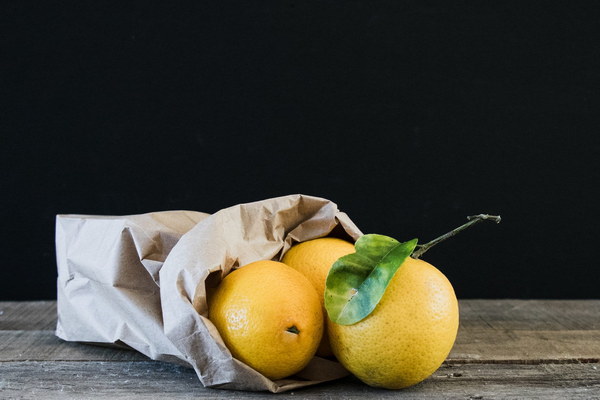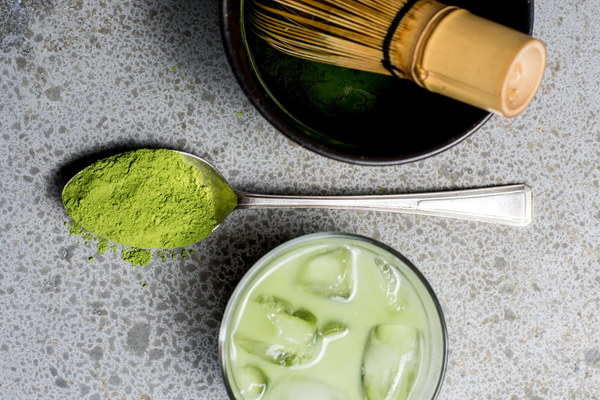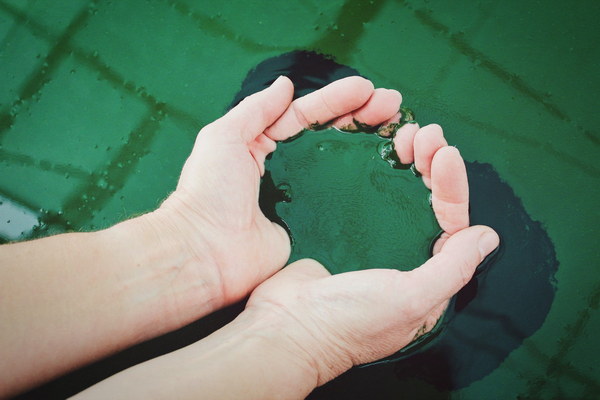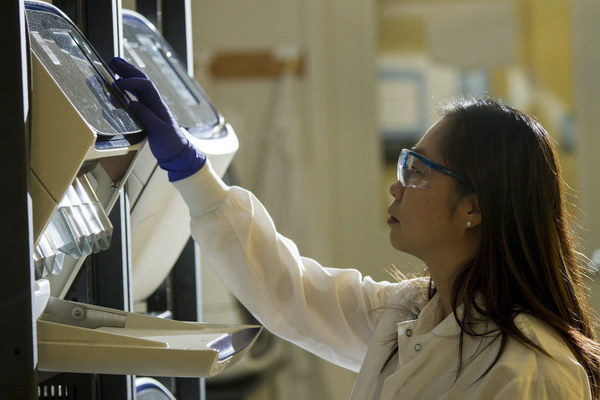Controversy Erupts Does Qing Fei Jie Du Soup Pose a Cancer Risk
In recent years, the traditional Chinese medicine (TCM) recipe known as Qing Fei Jie Du Soup has gained popularity for its supposed ability to detoxify the lungs and boost immunity. However, a new study has sparked a heated debate, raising concerns about the potential carcinogenic properties of this popular herbal remedy.
Qing Fei Jie Du Soup, which translates to clear lung and detoxify soup, has been used for centuries to treat respiratory infections and promote overall health. The recipe typically includes a blend of herbs such as Scutellaria baicalensis, Forsythia suspensa, and Platycodon grandiflorus, which are believed to possess anti-inflammatory, antioxidant, and immune-boosting properties.
The recent study, published in a well-regarded scientific journal, suggests that one of the main ingredients in Qing Fei Jie Du Soup, Scutellaria baicalensis, may have a carcinogenic effect when consumed in high doses. According to the research, the compound baicalein, found in Scutellaria baicalensis, has been linked to an increased risk of cancer in laboratory animals.

This finding has caused quite a stir within the TCM community and among those who rely on the soup for its health benefits. Critics argue that the study's conclusions are based on high-dose animal experiments and may not be applicable to the low doses typically used in TCM. Proponents of Qing Fei Jie Du Soup maintain that the benefits of the herbal remedy far outweigh any potential risks and that the use of the soup should not be abandoned based on a single study.
Supporters of the soup argue that TCM is a holistic approach to health, and that the interaction between the various herbs in Qing Fei Jie Du Soup may result in a synergistic effect that mitigates any potential risks. They also point out that TCM has a long history of safe and effective use, with countless patients attesting to the benefits of the soup without experiencing any adverse effects.
Opponents, however, are not convinced. They argue that the potential carcinogenic properties of baicalein are concerning, and that further research is needed to determine the safety of Qing Fei Jie Du Soup for long-term use. They also express concerns about the lack of standardized dosage and quality control in TCM, which could lead to variations in the concentration of active ingredients and, consequently, the risk of adverse effects.
In response to the controversy, some TCM practitioners have started to modify their recipes for Qing Fei Jie Du Soup, replacing Scutellaria baicalensis with other herbs that may provide similar benefits without the potential carcinogenic risk. Additionally, there is a growing call for stricter regulations and quality control in the TCM industry to ensure the safety and efficacy of herbal remedies.
The debate over Qing Fei Jie Du Soup and its potential carcinogenic effects highlights the complexities involved in the use of traditional herbal remedies. While TCM has a wealth of knowledge and experience to offer, it is crucial to approach these remedies with caution and to conduct rigorous scientific research to determine their safety and efficacy.
As more research is conducted on the potential risks and benefits of Qing Fei Jie Du Soup, it is essential for consumers to stay informed and make educated decisions regarding their health. For those who have been using the soup and are concerned about its potential carcinogenic effects, it may be wise to consult with a healthcare professional or a TCM practitioner to explore alternative treatments or to discuss the potential risks and benefits in more detail.
In conclusion, the controversy surrounding Qing Fei Jie Du Soup and its potential carcinogenic properties serves as a reminder of the importance of balancing tradition and modern science in the pursuit of health and wellness. As research continues to unfold, it is our responsibility to remain vigilant and to make informed choices regarding the herbal remedies we use to support our health.









